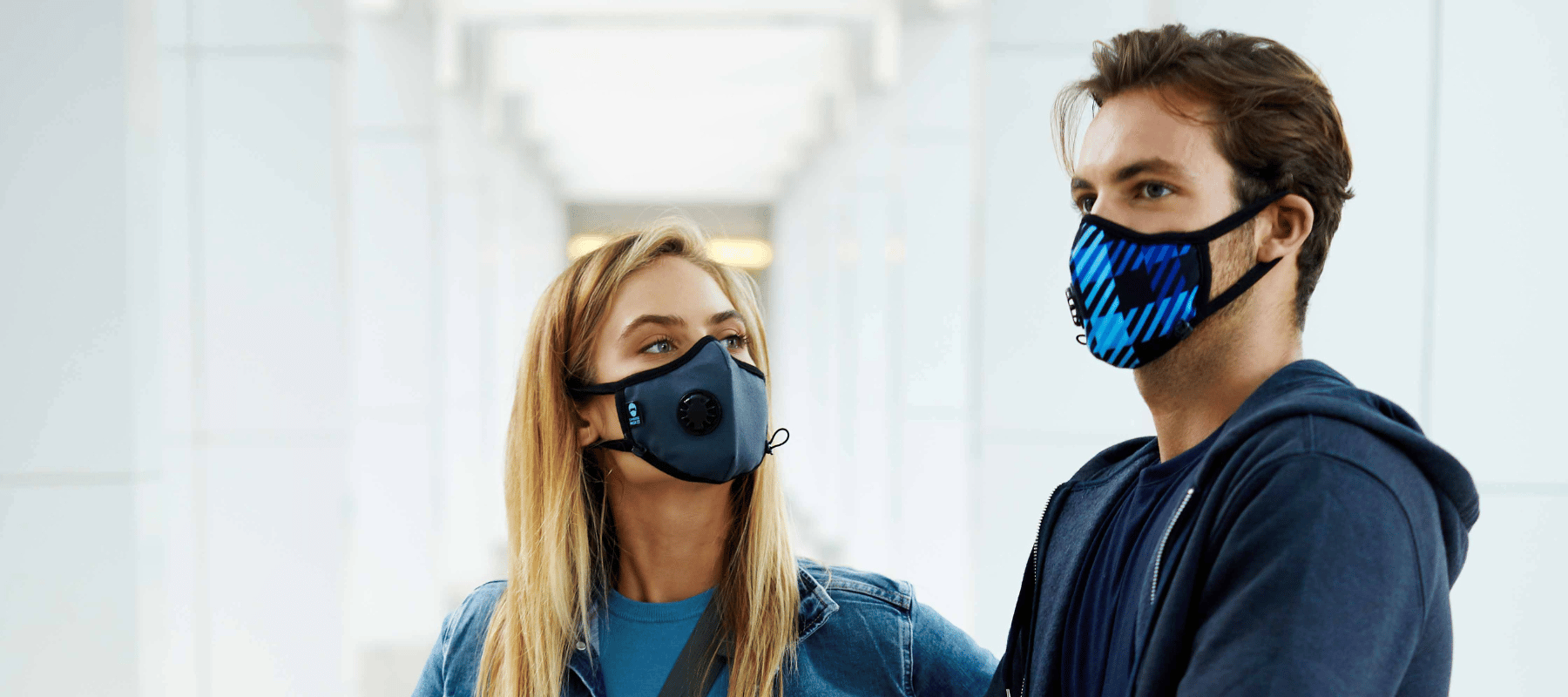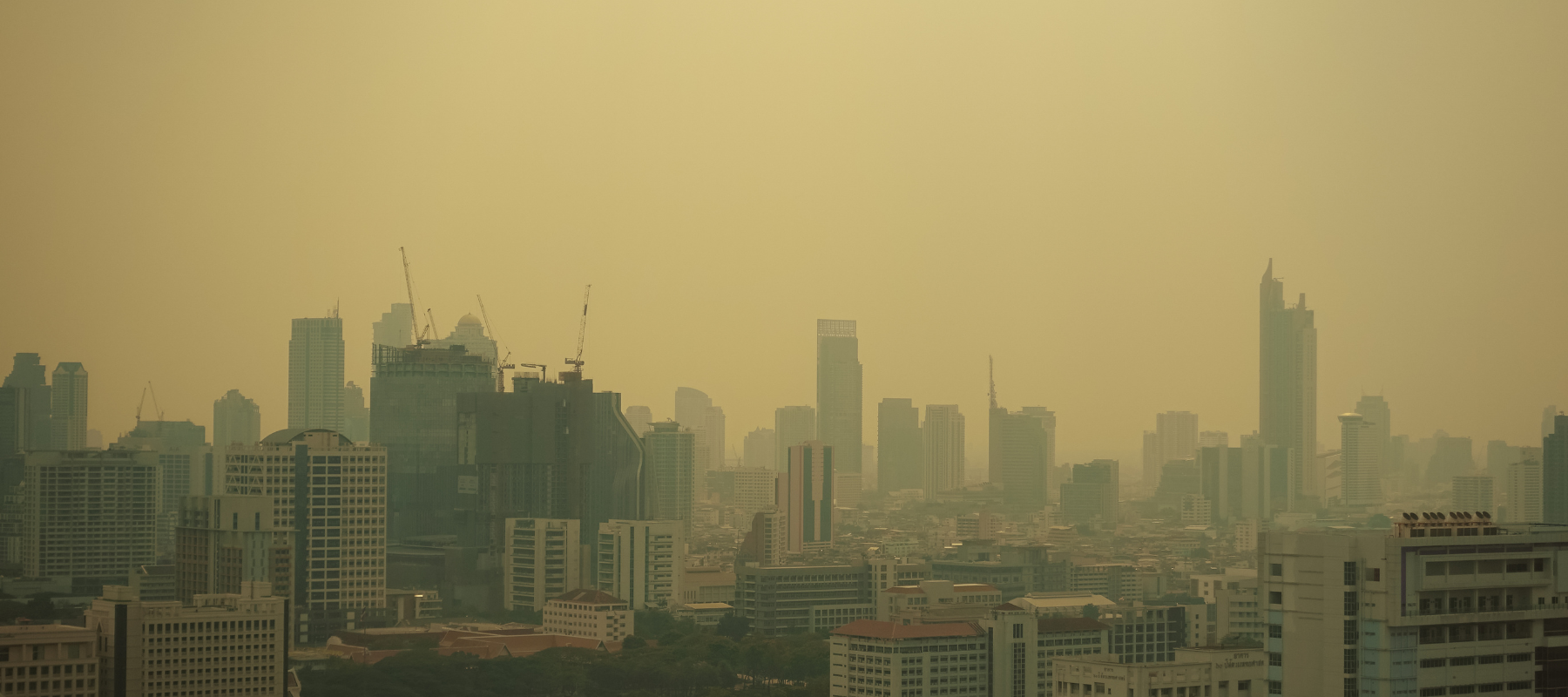Article: The Ultimate Guide to N95 Face Masks: Everything You Need to Know

The Ultimate Guide to N95 Face Masks: Everything You Need to Know
As concerns about air quality, viruses, and allergens continue to grow, finding the right face mask has never been more important. Whether you’re looking to protect yourself from dust, mold, the flu, or pollen, understanding the capabilities and features of different masks is essential. In this comprehensive guide, we’ll dive into the details of N95 masks, explore their effectiveness, and highlight the exceptional features of Cambridge Mask Co. products.
What is an N95 Face Mask?
An N95 face mask is a respiratory protective device designed to achieve a very close facial fit and efficient filtration of airborne particles. The 'N95' designation means that the mask can filter at least 95% of airborne particles, including large respiratory droplets and smaller particles. These masks are widely used in healthcare settings and industries where workers are exposed to hazardous particulates. Their design includes multiple layers of synthetic material, usually polypropylene, which allows for high filtration efficiency while maintaining breathability.
Is N95 a Respirator?
Yes, an N95 mask is a type of respirator. Unlike simple face masks or surgical masks, N95 respirators are designed to create a seal around the nose and mouth, ensuring that air passes through the filter material. This design not only blocks large particles but also prevents inhalation of finer, potentially harmful particulates, making them suitable for various environments, including medical, industrial, and public settings. Respirators are critical in settings where airborne particles pose a significant health risk, such as in hospitals, construction sites, and during pandemics.
Can N95 Masks Protect Against Dust, Mold, Flu, and Pollen?
N95 masks are highly effective at filtering out dust, mold spores, flu viruses, and pollen. The electrostatic non-woven polypropylene fiber used in N95 masks captures particles through both mechanical and electrostatic attraction. Here’s a breakdown of their protective capabilities:
- Dust: N95 masks can block airborne dust particles commonly found in construction and industrial environments. They are essential for workers in these settings to prevent respiratory issues caused by inhaling dust.
- Mold: The masks are effective against mold spores, which are typically larger than the 0.3-micron filtration threshold. This makes N95 masks suitable for use in environments where mold is a concern, such as in water-damaged buildings.
- Flu: N95 masks can filter out the droplets that carry flu viruses, offering substantial protection during flu seasons. This is particularly important in healthcare settings where flu transmission can occur.
- Pollen: They also filter pollen, providing relief for individuals with allergies. This makes N95 masks beneficial for those with seasonal allergies, allowing them to breathe more comfortably during high pollen seasons.

What Features Should You Look For When Finding the Best Face Masks?
When searching for the best face masks, consider the following features.
Filtration Efficiency
Look for masks that meet or exceed N95 standards, filtering at least 95% of particles. High filtration efficiency is crucial for effective protection against airborne contaminants.
Fit and Seal
Ensure the mask fits snugly against your face without gaps. A proper fit is essential for the mask to function correctly, preventing unfiltered air from bypassing the mask.
Breathability
High filtration should not compromise comfort; breathable materials are crucial for extended wear. Masks that are difficult to breathe through can cause discomfort and may not be worn consistently.
Durability
Masks should be made from high-quality materials that can withstand wear and tear. Durable masks are more reliable and provide consistent protection over time.
Certification
Verify that the mask is certified by relevant health and safety authorities, such as NIOSH in the United States. Certification ensures that the mask meets specific standards for protection and performance.
Different Types of Face Masks Available
When it comes to choosing a face mask, there are several types available in the market, each serving different purposes and offering various levels of protection.

Disposable Surgical Masks
Common for everyday use but provide limited filtration and are not designed for a snug fit. These masks are intended to protect others from the wearer’s respiratory emissions rather than protecting the wearer from airborne particles.
Respirators
Highly effective at filtering airborne particles and creating a tight seal around the face. Respirators often qualify for N95, N99, KN95, P100, etc., and are essential for environments with high levels of airborne contaminants.
Reusable Face Masks
For those looking for a more sustainable option, reusable face masks are an excellent choice. Among these, the Cambridge Mask stands out as a cool face mask that combines style with functionality. These masks are not only reusable and washable but also feature a military-grade filtration system that can filter more than 99% of harmful air pollutants, making them a top choice for comprehensive protection against dust, allergens, and pathogens.
How Long Can You Wear an N95 Mask?
The duration for which you can wear an N95 mask depends on several factors, including environmental conditions and mask integrity. Generally, N95 masks are designed for single-use in high-risk environments. However, in lower-risk settings, they may be used for longer periods, provided they remain clean and undamaged. Signs that a mask should be replaced include:
- Visible dirt or damage
- Difficulty breathing through the mask
- Compromised fit or seal
For Cambridge Mask PRO, the usage guidelines differ. These masks can be worn for 3-6 months, depending on the frequency and conditions of use. Between wears, you can hand wash them with mild soap and hang them to dry. Washing a face mask can remove dirt and residue; however, it won’t extend the life of the filtration of the mask. If you have difficulties in breathing through the mask, you should replace the whole mask.
What are Cambridge Mask Filtration Capabilities? Are They N95?
Cambridge Mask Co. offers masks with advanced filtration capabilities, combining military-grade technology with a focus on comfort, usability, and style. While Cambridge Masks are not classified as N95 respirators, they feature a unique triple-layer filtration system:
- Primary Filter Layer: Captures larger particles such as dust and pollen. This layer ensures that the most common and largest particulates are filtered out early.
- Three-Ply Micro Particulate Layer: Filters smaller particles, including PM2.5. This middle layer captures finer particles, offering protection against pollutants commonly found in urban environments.
- Activated Carbon Layer: Neutralizes harmful gases, viruses, and bacteria. This layer adds an additional level of protection by adsorbing gases and trapping microorganisms.
Cambridge Masks are tested to filter over 99% of particles as small as PM0.3, which is even smaller than what standard N95 masks filter. This makes them highly effective against a wide range of pollutants and pathogens, providing comprehensive protection in various environments.
How to Choose the Right Face Mask for Your Needs
Selecting the right face mask involves considering your specific needs and the environment in which you will be using the mask. Here are some tips to help you choose the best mask for your situation:
Assess Your Environment
Consider the level of exposure to airborne particles in your environment. For high-risk settings such as hospitals or construction sites, an N95 respirator is essential. For everyday use in less contaminated environments, a reusable face mask like the Cambridge Mask may suffice.
Evaluate Comfort and Fit
Ensure the mask you choose is comfortable to wear and fits well. A mask that is uncomfortable or fits poorly is less likely to be worn consistently, reducing its effectiveness.
Check Filtration Capabilities
Look for masks that provide high filtration efficiency. Masks that can filter out small particles (such as PM2.5 and PM0.3) offer better protection against pollutants and pathogens.
Consider Reusability
If you are concerned about sustainability and long-term use, opt for a reusable face mask. Reusable masks like those from Cambridge Mask Co. offer durability and can be washed and reused multiple times.
Look for Certification and Tests
Ensure the mask you choose is certified by relevant health and safety authorities. Certification guarantees that the mask meets specific standards for protection and performance.
The Importance of Proper Mask Usage
Using a face mask correctly is crucial for ensuring maximum protection. Here are some tips for proper mask usage:
- Wash Your Hands: Always wash your hands before putting on or taking off a mask. This prevents contamination of the mask and reduces the risk of transferring pathogens.
- Fit the Mask Snugly: Adjust the mask to fit snugly against your face, covering both your nose and mouth. Make sure there are no gaps between the mask and your skin.
- Avoid Touching the Mask: Once the mask is in place, avoid touching it. If you need to adjust the mask, wash your hands before and after doing so.
- Replace When Necessary: Replace disposable masks after each use or when they become dirty or damaged. For reusable masks, follow the manufacturer’s guidelines for washing and replacement.
The Role of Face Masks in Public Health
Face masks play a vital role in public health by reducing the transmission of airborne diseases and protecting individuals from environmental pollutants. During pandemics, such as the COVID-19 outbreak, widespread use of face masks has been shown to significantly reduce the spread of the virus. In areas with high levels of air pollution, wearing face masks can protect individuals from harmful particulates and improve overall health.
By choosing the right face mask and using it correctly, individuals can contribute to public health efforts and protect themselves and others from respiratory illnesses and environmental hazards.
Conclusion
Choosing the right face mask is crucial for protecting your health in various environments. N95 masks are an excellent choice for high filtration efficiency and close fit, making them ideal for protecting against dust, mold, flu, and pollen. Cambridge Mask Co. offers an innovative alternative with superior filtration capabilities and added comfort, making them a reliable choice for everyday protection. With their stylish designs and military-grade technology, Cambridge Masks are not only effective but also comfortable and sustainable.
Stay informed, stay protected, and choose the mask that best suits your needs. Whether you opt for an N95 respirator, a reusable face mask, or a cool face mask like those from Cambridge Mask Co., the right mask can make a significant difference in your health and safety.





